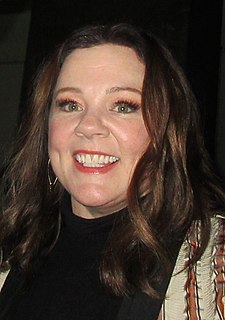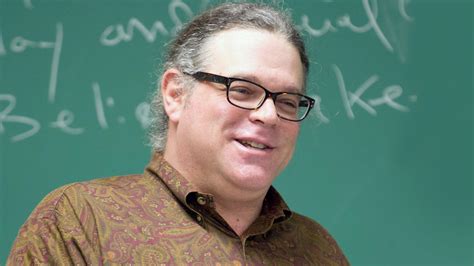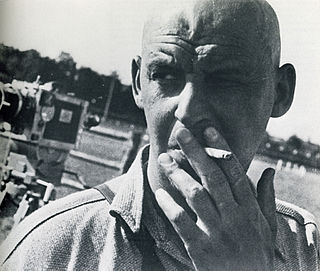A Quote by Harold Ramis
I always point out to my Passover guests that the Hebrews were not living in isolation. They were at the crossroads of several great, elaborate cultures with their own mythology and religion and art and architecture and cultural belief. In fact, so many of the mythologies of the world describe the same events, just from different points of view.
Related Quotes
I was nurtured on Greek Mythology and the classical epics. I lived and breathed Homer. Other mythologies - the Russian, the Norse, the Persian, the Indian, Egyptian, etc. - all came later. First and foremost were the Greeks, and they were all living in my head as though I were Zeus and they were a clamoring Chorus of Athenas.
Individuality is different than isolation. Isolation is trying to do everything on your own, living life by yourself. Isolation happens when you choose not to be involved in any communities, making sure you keep a safe distance from people in your life. I’m not recommending isolation. Science, psychology, and religion all suggest long term isolation is dangerous and unhealthy.
I think jazz is a beautiful, democratic music. It encourages musicians with very strong, and many times, very different points of view to work together as a team while, at the same time, giving them the space to express their individuality. It's a very important art form and can be used as a model for different cultures to work together.
By the time I got to school, I had already read a couple hundred books. I knew in the first grade that they were lying to me because I had already been exposed to other points of view. School is basically about one point of view -- the one the teacher has or the textbooks have. They don't like the idea of having different points of view, so it was a battle. Of course I would pipe up with my five-year-old voice.
I think there's so many points of view that you want to make sure your stories are being told from men and women... you get all of the different backgrounds. You don't want every story being told from the same point of view. So just for better storytelling, I'm like, 'Yes, please, bring some more ladies on.'
It's impossible to say that live art enjoys any single status in the information age--there are versions of live art that are still primarily art-world phenomena, others that appeal to much broader audiences. The Burning Man festival is a case in point--an event featuring performance that is itself a performance, which partakes simultaneously of frontier mythology, a counter-cultural impulse, and popular cultural visibility.




































